Understanding Wellness Counselling
When we mention “wellness,” thoughts of spa days or self-help books may come to mind, but it encompasses much more. Wellness is multi-dimensional, covering physical, social, emotional, occupational, intellectual, and spiritual needs. These needs not only influence but are also influenced by each other. The National Wellness Institute defines wellness as “functioning optimally within your current environment.”
As a wellness counsellor, my primary role is to support clients in their journey of growth and self-discovery.
Concerns with Wellness Talk
Despite the growing global popularity of wellness, concerns exist in how we discuss it. One issue lies in the emphasis on individual shortcomings. The messaging often suggests that the world is well, and if you’re not, it’s due to insufficient effort or a need for external assistance. However, the reality is more nuanced—societal demands and our upbringing significantly shape our well-being.
Another challenge is the prevailing one-size-fits-all approach. While activities like exercise and therapy contribute to wellness, everyone’s path to well-being is unique. It’s about understanding oneself and making decisions that align with personal needs and values rather than conforming to socially accepted standards.
The Dynamic Nature of Wellness
Wellness is not a fixed state but a dynamic, ever-evolving process. Living in a constantly changing world means that what worked for us in the past may not be as effective now. True wellness lies in the ability to adapt and creatively respond to life’s challenges.
My passion for wellness extends beyond the flashy images often seen on billboards. It revolves around fostering genuine connections with oneself and others and empowering individuals to navigate life in a meaningful way. This involves acknowledging the intricate interplay of various dimensions of wellness and recognising the uniqueness of each individual’s journey.






